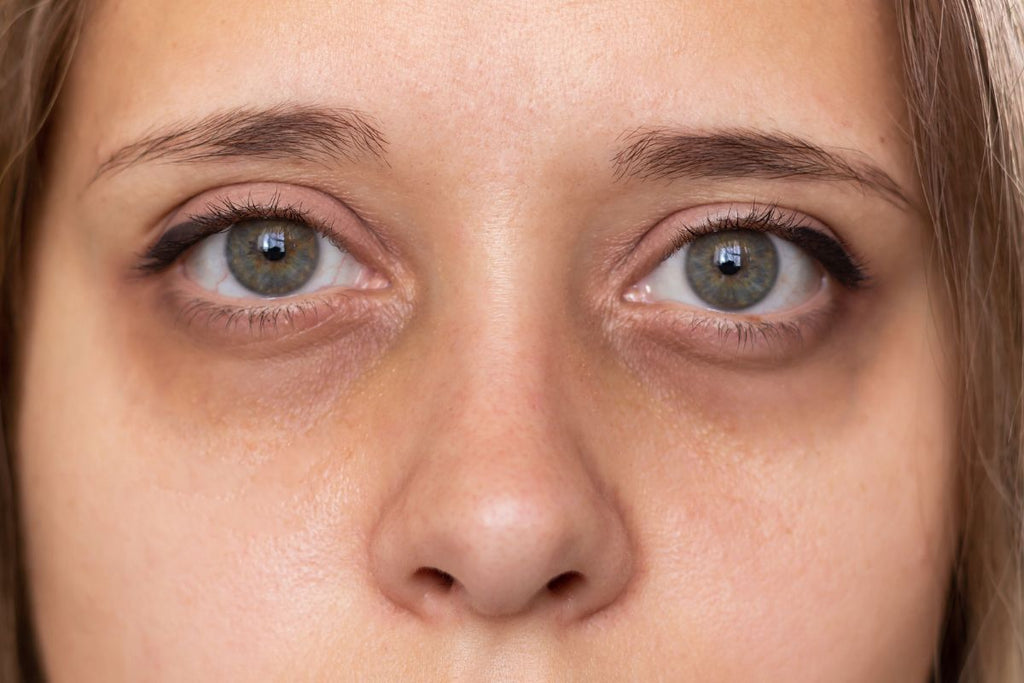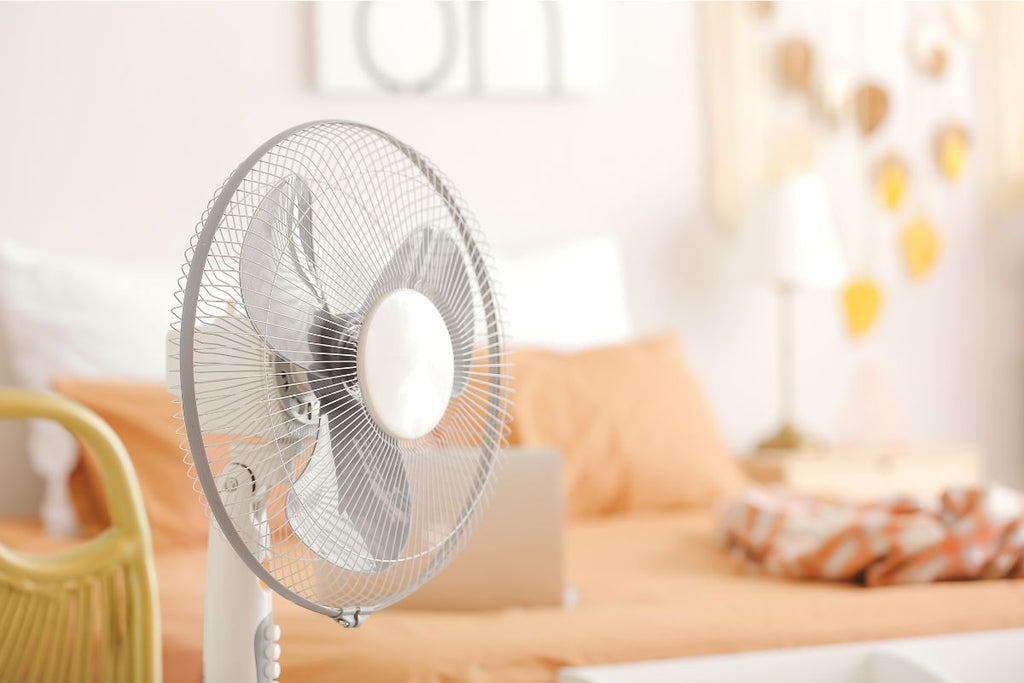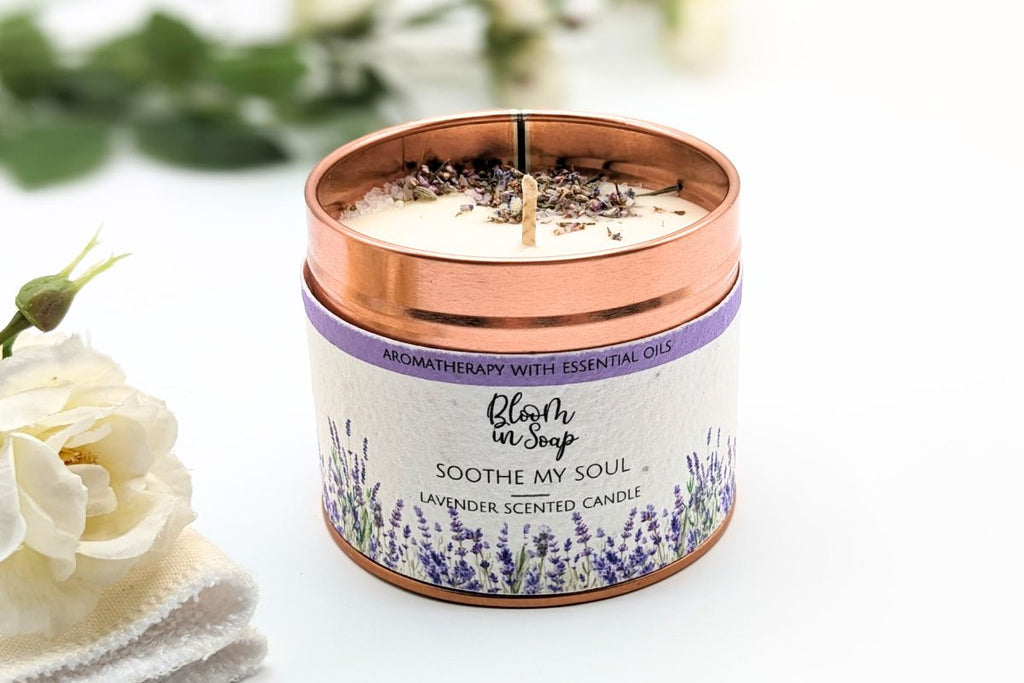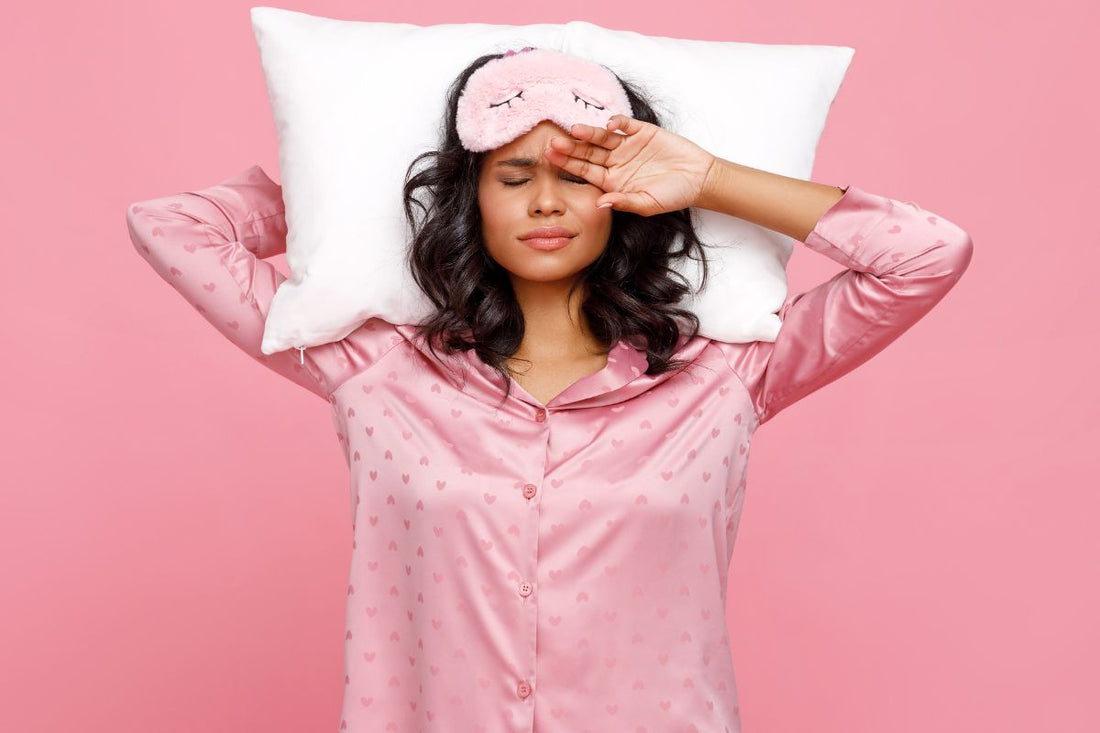Sleep is often undervalued in our fast-paced society, with many women on the go 24/7 sacrificing precious hours of rest to meet work deadlines, social commitments, or even binge-watching their favourite shows. However, the consequences of skimping on sleep can be more detrimental than we realise. Here are five signs that could mean you're not getting enough sleep, followed by some natural ways you can help improve the quality of your sleep.
1. Feeling irritable or experiencing mood swings
Have you ever noticed yourself snapping at coworkers or loved ones for no apparent reason? Feeling irritable and experiencing mood swings can be telltale signs of sleep deprivation. When you're sleep-deprived, your brain's emotional regulation centers become impaired, leading to heightened irritability and emotional instability. Lack of sleep disrupts the balance of neurotransmitters like serotonin and dopamine, which play crucial roles in regulating mood and emotions.

2. Low productivity and difficulty concentrating
Are you struggling to stay focused at work or finding it hard to complete tasks efficiently? Sleep deprivation can significantly impair cognitive functions such as attention, concentration, and decision-making. Without adequate rest, your brain's ability to process information and consolidate memories becomes compromised. As a result, you may experience decreased productivity and difficulty staying on top of your responsibilities and the day's to-do list.
3. Puffy, red eyes
Waking up with puffy, red eyes is a common indicator of insufficient sleep. When you don't get enough rest, fluid can accumulate around your eyes, leading to puffiness and inflammation. Additionally, sleep deprivation can cause bloodshot eyes due to dilated blood vessels. The lack of sleep restricts blood flow, causing the vessels to become more prominent and giving your eyes a tired, red appearance.

4. Lowered ability to fight off infections
Have you been catching every cold that comes your way? Your immune system relies on sleep to function optimally. During sleep, your body produces cytokines, proteins that help regulate your immune response to infections and inflammation. When you're sleep-deprived, your immune system becomes weakened, making you more susceptible to illnesses like the common cold or flu. Consistent lack of sleep can also impair the production of antibodies, further compromising your body's ability to fight off infections.
5. Finding It difficult to fall asleep
Ironically, one of the signs of inadequate sleep is difficulty falling asleep! This can create a vicious cycle where you're perpetually tired but struggle to get the rest you need. Sleep deprivation disrupts your body's natural sleep-wake cycle, making it harder to fall asleep when you finally hit the bed. Factors such as stress, anxiety, and poor sleep habits can exacerbate this issue, perpetuating the cycle of sleep deprivation.

Natural Ways to Improve Your Sleep Quality
Getting a good night's sleep is essential for overall well-being, and as a woman who prioritises natural skincare and wellness products, incorporating natural sleep remedies into your routine can be incredibly beneficial for your physical and mental health. Here are some ideas to help you enhance your sleep quality naturally:
Keep your cool in the bedroom
Creating a comfortable sleep environment is crucial for quality rest. Keep your bedroom cool, ideally between 60-67°F (15-20°C), as cooler temperatures promote better sleep. Consider using breathable, natural fabrics for bedding and pyjamas to prevent overheating during the night. Additionally, using a fan or opening windows can improve air circulation and maintain a refreshing atmosphere.

Avoid caffeine, alcohol, and nicotine after lunch
While that afternoon cup of coffee or evening glass of wine may be tempting, consuming caffeine, alcohol, or nicotine late in the day can disrupt your sleep cycle. These substances can interfere with your body's ability to relax and fall asleep, leading to restless nights. Instead, opt for calming herbal teas like chamomile or lavender in the evening to promote relaxation and prepare your body for a restful night's sleep.
Exercise early in the day
Regular exercise offers numerous benefits for both physical and mental health, including improved sleep quality. Engaging in physical activity earlier in the day can help regulate your sleep-wake cycle and promote deeper, more restorative sleep at night. Aim for at least 30 minutes of moderate exercise, such as brisk walking, yoga, or cycling, in the morning or afternoon to reap the sleep-enhancing benefits.

Maintain a consistent sleep schedule
Establishing a consistent sleep schedule is key to optimising your sleep patterns. Try to go to bed and wake up at the same time every day, even on weekends, to regulate your body's internal clock. Consistency helps synchronise your sleep-wake cycle, making it easier to fall asleep and wake up naturally. Create a calming bedtime routine to signal to your body that it's time to unwind, such as reading a book, practicing relaxation techniques, lighting a calming lavender essential oil, or taking a shower with a relaxing aromatherapy shower steamer to help you wind down for the night.

Prioritising quality sleep is essential for overall health and well-being. By incorporating these natural sleep remedies into your routine, you can create a soothing environment conducive to restful sleep and wake up feeling refreshed and rejuvenated each morning. Remember, nurturing your body with natural sleep solutions is a vital aspect of your holistic wellness journey.

